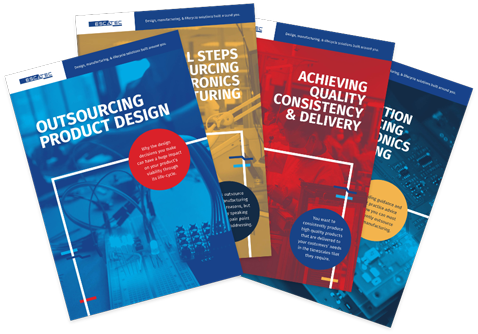Offering Swiss OEMs facing 39% US tariffs a smarter way forward
As of August 2025, the United States has imposed a 39% tariff on Swiss exports ...
RESOURCES
By signing up you agree to our Privacy Policy

©2025 ESCATEC. All rights reserved.